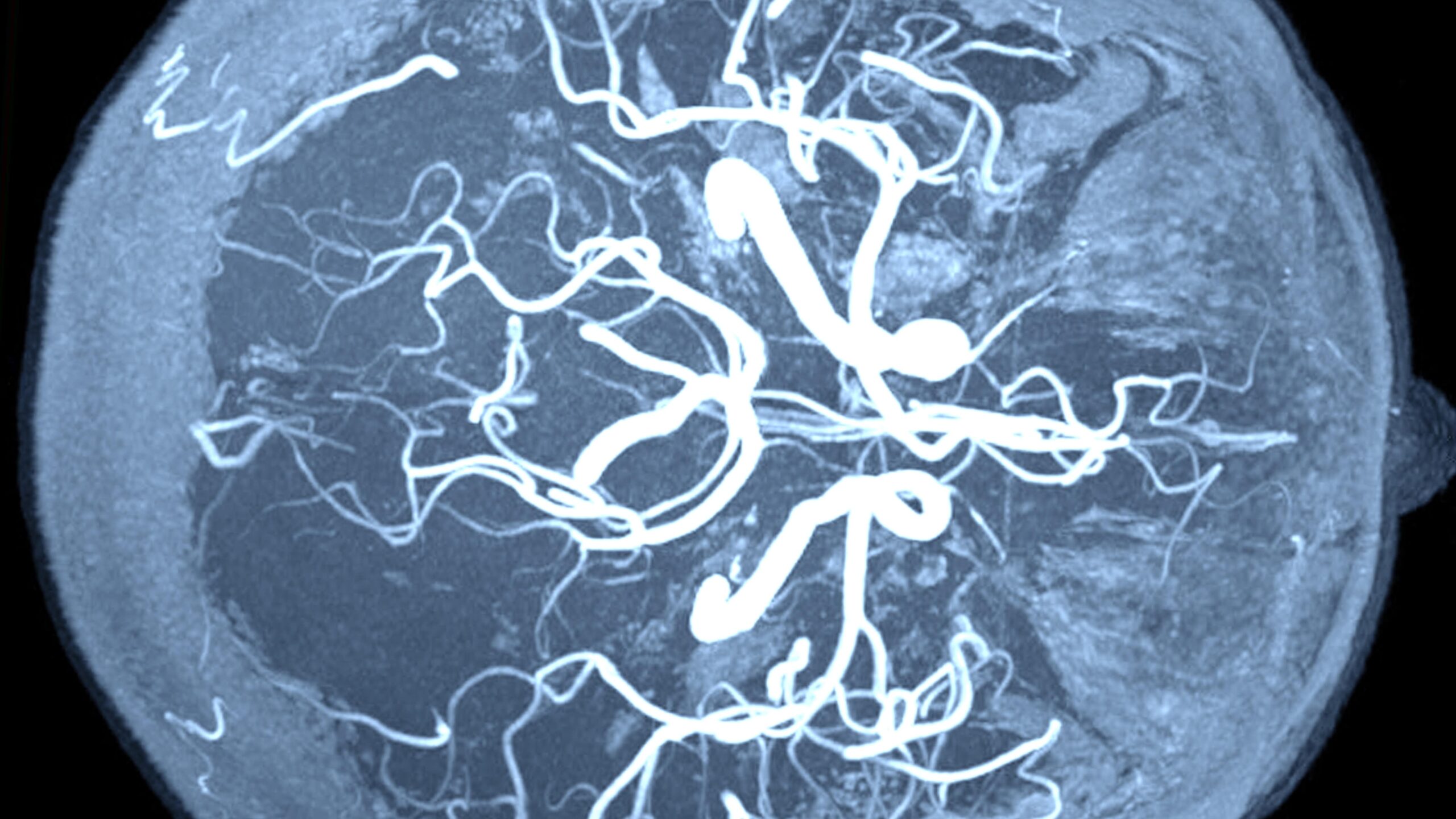
Previous studies reported that newborns with congenital heart disease (CHD) had lower cerebral blood flow (CBF) prior to undergoing open-heart surgery. Researchers investigated whether patients who underwent open-heart surgery for complex CHD during infancy had CBF alterations that persisted later in life. They also studied whether CBF alterations were correlated with sex, noting that CBF starts to show sex-specific differences around adolescence.
According to the study’s lead author, Katilyn Easson, postpubertal adolescent and young adult female patients with CHD had lower global and regional CBF compared with female controls, while males with CHD had similar CBF as male controls, despite all patients having undergone open-heart surgery. Findings were presented in the Journal of the American Heart Association.
Sustained CBF Alterations in Females After CHD Surgery
The researchers analyzed 25 females with CHD plus 27 female controls and 17 males with CHD plus 18 male controls. All participants were aged 16 to 24 years and had undergone brain magnetic resonance imaging, including T1-weighted and pseudo-continuous arterial spin labeling assessments. Global gray matter and regional CBF were evaluated in 9 bilateral gray matter regions.
In addition to the CBF alterations after open-heart surgery observed in females with CHD, the study found:
- Females with CHD and males with CHD had comparable CBF
- Female controls had higher global and regional CBF versus male controls, consistent with published data
- CBF was correlated with the severity of the cardiac defect
- CBF was lower in patients with a Fontan circulation
These findings were independent from relevant clinical and neuroanatomic confounders, according to Easson and colleagues, but they acknowledged their study was limited by, among other factors, no direct measurements of arterial stiffening or other complementary variables and a heterogenous, small sample size.
Overall, the study’s authors felt their results emphasized “the importance of sex‐specific follow‐up of neurological outcomes in survivors of congenital heart disease,” and they called for future studies to further explore the implications of these persistent CBF alterations.
Find More Recent Research and Expert Interviews in Cardiology







 © 2025 Mashup Media, LLC, a Formedics Property. All Rights Reserved.
© 2025 Mashup Media, LLC, a Formedics Property. All Rights Reserved.